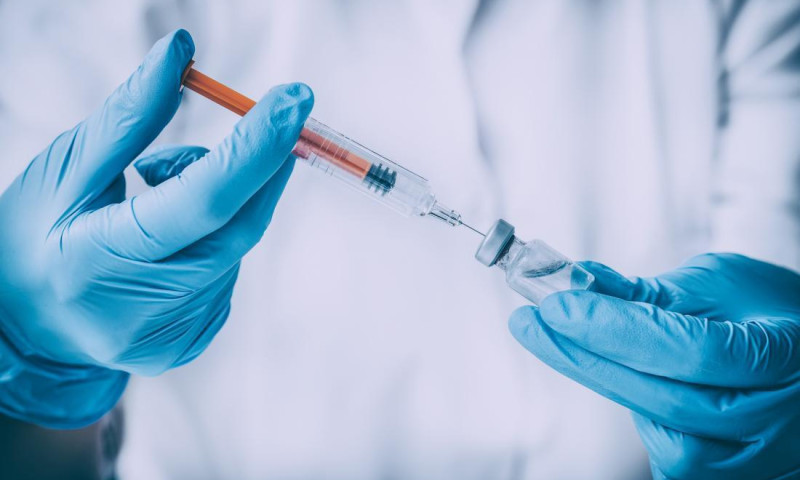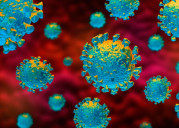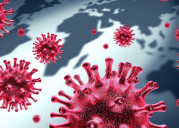Researchers claim flu vaccines could decrease tumors and boost cancer treatment

Kathmandu, January 13
Recent experiments in mouse models showed that injecting an inactivated flu virus into cancer tumors makes them shrink and boosts the effectiveness of immunotherapy.
In recent years, a new type of anticancer therapy has been gaining in popularity: immunotherapy. This form of therapy works by boosting the body's own immune response to cancer tumors, as per Medical News Today.
A team of investigators from the Rush University Medical Center in Chicago, IL, published their study in the journal PNAS. The study was focused on to find out an effective way of doing just that by using inactivated flu viruses — essentially, flu vaccines — in mouse model experiments.
As per the researchers, through the experiment on the mouse, it was confirmed that those with cancer tumors and influenza-related infections tended to live longer.
The researchers injected an inactivated influenza virus into melanoma tumors in mouse models to understand how our strong immune responses against pathogens like influenza and their components could improve our much weaker immune response against some tumors.
As per the Medical News Today, the researchers found that this "vaccine" turned tumors from cold to hot by increasing the concentration of dendritic cells in the tumors. These cells can stimulate an immune response, and indeed, they led to an increase in CD8+ T cells. These can recognize and destroy cancer cells.
As a result, the mice's melanoma tumors either grew at a slower rate or started shrinking.
Furthermore, the researchers saw that delivering the flu vaccine into a melanoma tumor on one side of a mouse's body led to the reduction not just of the growth of the injected tumor, but also to the slower growth of another tumor, on a different side of the body, which they had not injected.
The researchers saw similar results when delivering the flu vaccine to tumors of metastatic triple-negative breast cancer in mouse models.















